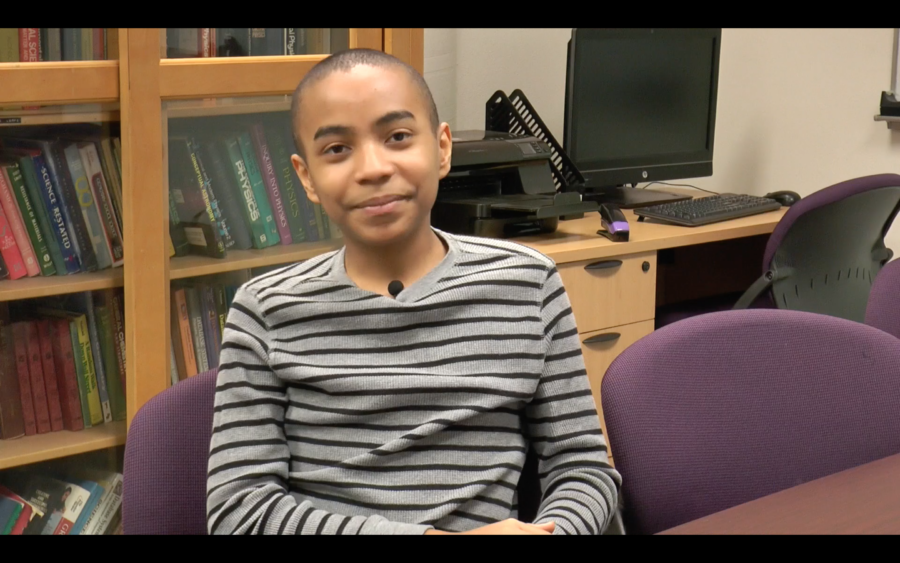Where am I gonna get $3,000? This is the question that has been plaguing many TCU students over the last few days. As you probably know by now, the Board of Trustees has decided to raise tuition rates for next year’s full-time students by an astronomical 12 percent. The Board and the chancellor have gone to great lengths to explain what the increase will be used for, but they have not really said why such a drastic increase must occur. The only response they seem to have given us thus far is, “We are still cheaper than SMU and Baylor.” This may be true, but SMU and Baylor consistently place higher than TCU in college rankings. More importantly, we are NOT these other schools. We are TCU, and the students enrolled here chose this school for specific reasons, such as its low price for a private university. In fact, the only honor we do hold over SMU and Baylor is that we have been rated a “best buy” in U.S. News and World Report. Now that honor, our big academic claim to fame, could be on its way out, along with a large group of students who are outraged about the new cost of our education. One has to wonder why the Board did not grandfather-in such a huge change. That way, the new tuition rate would be an up-front cost that prospective students could plan and budget for. By grandfathering the tuition increase, those already at TCU could continue paying the rate they budgeted for, while the incoming freshmen, who will benefit most from the new rate, would have to pay it.
For many people here, $3000 is simply a new handbag. At a university where parking lots are packed with BMWs, it is easy to forget that there are many students who drive Civics, and others still who drive something in the middle. Although some of the tuition increase will go toward financial aid, the money will not likely be used to create new scholarships or raise scholarships students already have. Instead, it will go toward bolstering the need-based aid. This means students who are in the lower-income brackets will be paying essentially the same rate as they did last year because the new money will cover the difference. So what this means is, the students driving BMWs and Civics will end up about the same, but those in the middle will find themselves in a quandary.
Middle-income families have too much money to qualify for need-based aid, but students certainly cannot afford to go here on their parents’ salary. What will happen to them? I wonder what the Board thinks about the possibility of many students not being able to return next year. Do they care? For a school often stereotyped as a group of rich white kids, it seems befitting that our Board passed down such an elitist decision. As a Christian school whose mission is to “educate individuals to … act as ethical leaders … in a global community,” it seems our university has become a hypocrite to its own dogma. By ignoring the plight of its middle-income students, this university has just put the almighty dollar above its students.
Christina Ruffini is a freshman international communications major from Colorado Springs, Colo.

